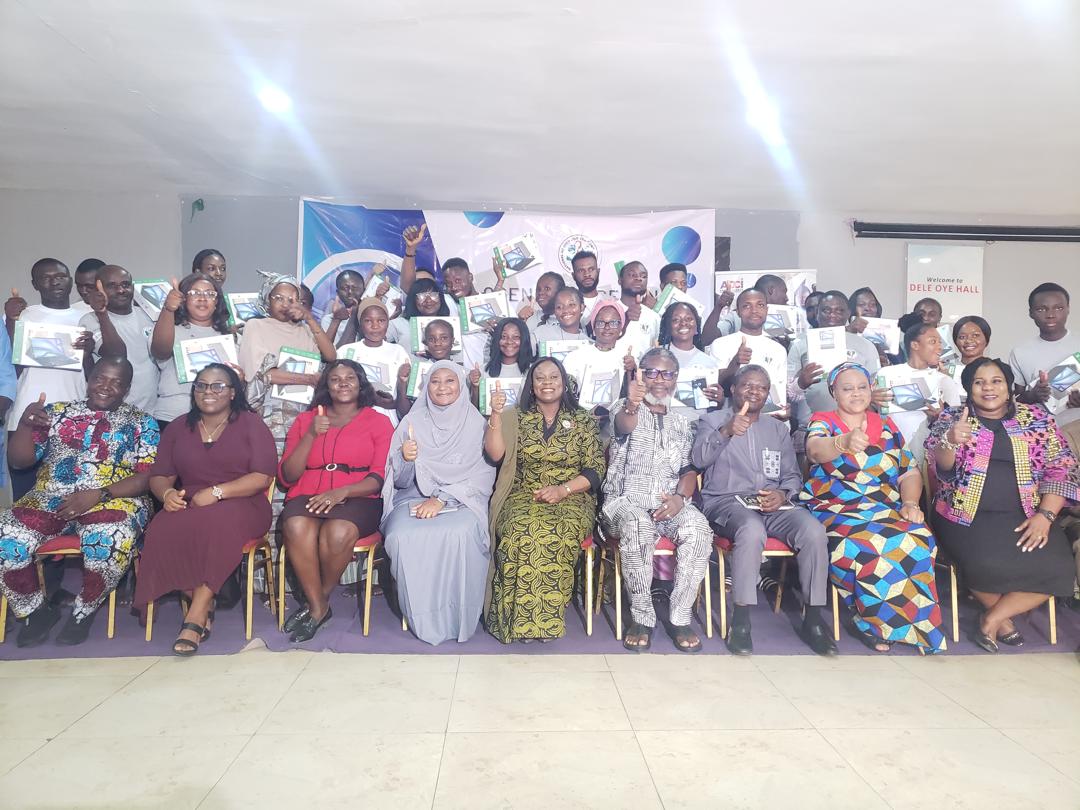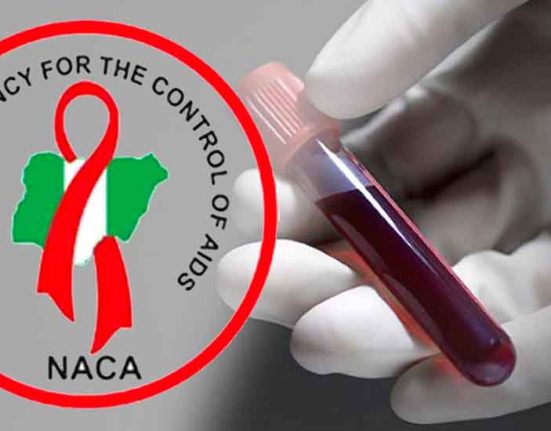In a strategic move to equip vulnerable youth with digital and entrepreneurial skills, the National Agency for the Control of AIDS (NACA), in collaboration with the Abuja Chamber of Commerce and Industry (ACCI), on Monday launched a five-day digital training programme targeted at young people, particularly adolescents living with HIV.
The initiative, which brings together 40 participants, is designed to foster personal growth, enhance digital literacy, promote entrepreneurship, and amplify health advocacy efforts, especially within communities impacted by HIV. The programme also serves as a platform for social inclusion and empowerment, aligning with Nigeria’s broader HIV prevention and youth development agenda.
Welcoming participants to the training, the Deputy President of ACCI, Adesoji Adesugba, described the programme as an avenue for the youth to build relevant digital skills such as content creation, platform management, graphic design, video production, and basic entrepreneurship. He emphasized the importance of supporting digital visibility and storytelling for health advocacy and community impact, in line with NACA’s mandate.
“This training is more than just about learning technical skills. It’s about positioning our youth to become digital ambassadors, telling their stories, engaging their communities, and influencing change,” Adesugba said.
He further explained that the partnership between NACA and the ACCI’s Business, Entrepreneurship, Skills, and Technology (BEST) Centre demonstrates a shared commitment to equipping young Nigerians with the skills needed for the future of work and community leadership.
Providing an overview of the curriculum, the Director of the ACCI BEST Centre, Murtala Mahmoud, noted that the five-day session will feature modules on video storytelling, campaign design, entrepreneurship, and digital content development. Participants will also undertake group projects, with the most innovative ideas potentially receiving additional support after the training.
“In today’s digital economy, skills are not just an advantage; they are survival tools. We are committed to ensuring that these participants leave here with practical, marketable abilities,” Mahmoud stated.
Delivering the keynote address, the Director General of NACA, Dr. Temitope Ilori, highlighted the vulnerability of young people aged 15 to 24 in the HIV epidemic, particularly in West Africa. She attributed this to a combination of social stigma, unemployment, limited access to quality education, and a lack of digital empowerment.
According to Dr. Ilori, the new digital skills programme is a deliberate effort to address these gaps by equipping young people living with HIV with the tools needed for socio-economic resilience and self-reliance. She stressed that the initiative aligns with Nigeria’s HIV prevention strategy, which places strong emphasis on communication, youth engagement, and empowerment.
“This initiative is not just about technology; it’s about creating a pathway to dignity, independence, and influence for our youth. With digital skills, they can access remote work, build personal brands, and advocate for their rights,” Ilori said.
Participants will receive hands-on training in digital literacy, entrepreneurship, AI-assisted content creation, platform management, multimedia production, and practical design using Canva. In addition, there will be opportunities for post-training mentorship and continued development through the BEST Centre’s network.
Speaking on the programme’s primary focus, Ilori disclosed that most of the selected participants are adolescents and young adults living with HIV. The goal, she said, is to equip them with the capacity to support themselves financially and emotionally, bridging the gap between health vulnerability and economic empowerment.
“These young people are not just here to learn; they are here to become the next generation of change-makers,” she said. “We want them to be self-sufficient, to sell their skills, take charge of their futures, and become voices of hope and transformation in their communities.”
Ilori concluded by urging the participants to take the opportunity seriously, reminding them that in today’s digital world, content creation and media engagement are not just trendy, they are powerful tools for advocacy, income, and lasting impact.


